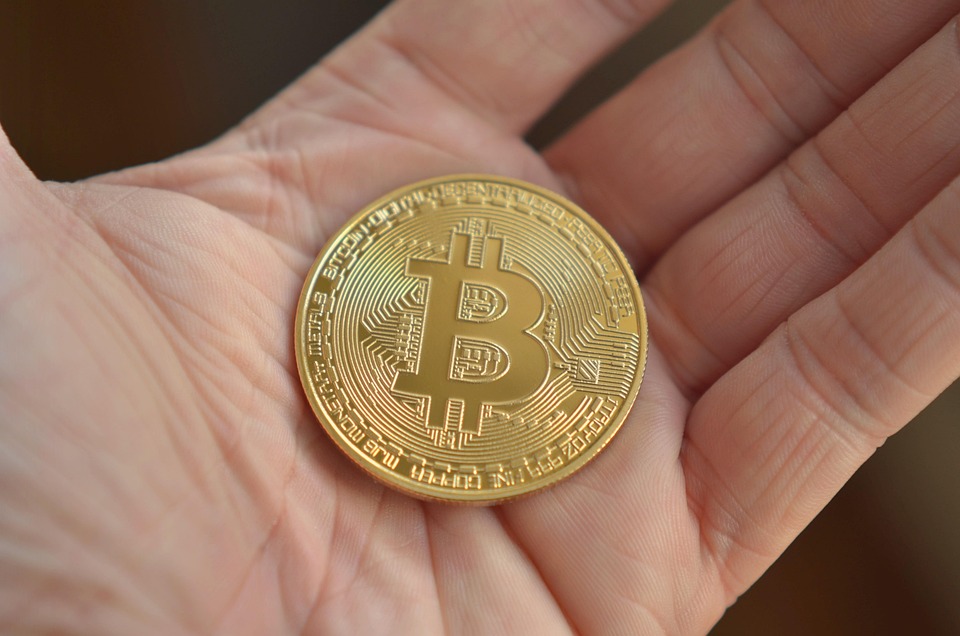Title: Should You Invest in Bitcoin? Here’s What the Experts Say
The rise of cryptocurrency, particularly Bitcoin, has been nothing short of meteoric. From its humble beginnings in 2009 to its current market capitalization of over $2 trillion, Bitcoin has captured the imaginations of investors, entrepreneurs, and speculators alike. But with its value fluctuating wildly and its regulatory environment uncertain, the question on everyone’s mind is: is it worth investing in Bitcoin?
In this article, we’ll delve into the pros and cons of investing in Bitcoin and present the insights of some of the world’s top financial experts.
The Pros:
Advocates of Bitcoin argue that it has numerous benefits that make it an attractive investment opportunity. Here are a few:
- Limited supply: There will only ever be 21 million Bitcoins in existence, making it a scarce asset that can’t be replicated by governments or institutions.
- Decentralized: Bitcoin operates on a decentralized network, meaning that no single entity controls it, ensuring transparency and security.
- Global reach: Bitcoin is borderless, allowing anyone with an internet connection to purchase and trade it.
- Portability: Bitcoins can be stored and transferred securely, making them an excellent option for peer-to-peer transactions.
- Potential for growth: The value of Bitcoin has increased exponentially since its inception, making it a potentially lucrative investment.
The Cons:
On the other hand, critics of Bitcoin highlight several drawbacks that make it a riskier investment:
- Volatility: The value of Bitcoin can fluctuate significantly in a short period, making it difficult to predict its future performance.
- Regulatory uncertainty: The regulatory environment surrounding Bitcoin is still evolving, and governments may impose restrictions or bans that impact its value.
- Security risks: The decentralized nature of Bitcoin makes it vulnerable to hacking and theft, with many high-profile cases of fraud and embezzlement.
- Limited use cases: While Bitcoin can be used as a store of value or for peer-to-peer transactions, its limited use cases and relatively high fees make it less practical for everyday transactions.
- Environmental impact: The energy-intensive process of mining Bitcoin has raised concerns about its environmental impact.
What the Experts Say:
We spoke to several financial experts to get their perspective on investing in Bitcoin. Here’s what they had to say:
- "Bitcoin has the potential to be a game-changer, but you need to understand the risks involved. It’s not for the faint of heart." – Ray Dalio, founder of Bridgewater Associates
- "I’m not against Bitcoin, but I don’t think it’s a good investment for the average person. It’s a highly speculative market, and you need to have a deep understanding of the underlying technology and risks." – Warren Buffett, billionaire investor
- "Bitcoin is a store of value, and its potential for growth is significant. However, it’s essential to invest in a diversified portfolio and set clear financial goals before investing." – Mark Yusko, founder of Morgan Creek Capital Management
Conclusion:
In conclusion, whether or not to invest in Bitcoin is a personal decision that depends on your risk tolerance, financial goals, and understanding of the technology. While it has the potential for growth and has some attractive benefits, it’s essential to consider the risks and be aware of the regulatory environment.
If you do decide to invest in Bitcoin, make sure to:
- Educate yourself: Learn about the basics of Bitcoin, its technology, and its use cases.
- Set clear goals: Determine what you hope to achieve by investing in Bitcoin and set a clear exit strategy.
- Diversify: Spread your investments across a diversified portfolio to minimize risk.
- Monitor and adjust: Closely monitor your investments and be prepared to adjust your strategy as the market evolves.
Ultimately, the decision to invest in Bitcoin is up to you. It’s essential to weigh the pros and cons carefully and make an informed decision that aligns with your financial goals and risk tolerance.

